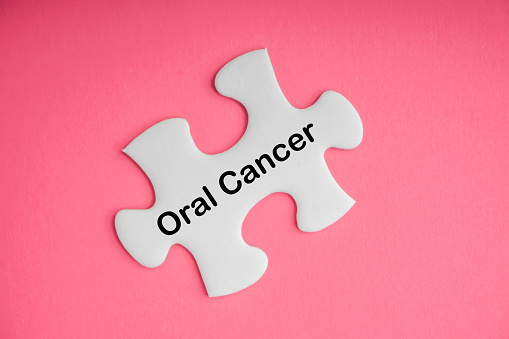The Importance of Regular Oral Cancer Screenings for Early Detection

The Importance of Regular Oral Cancer Screenings for Early Detection
Oral cancer is a serious disease and may be deadly if not detected early. It is estimated to affect almost 3.5 billion people globally. The good news is that oral cancer is highly treatable when detected early, and regular screenings can help catch it before it becomes more serious. This article will discuss the importance of regular oral cancer screenings for early detection and how they can help save lives.
Oral cancer can occur anywhere in the mouth, including the lips, tongue, cheeks, and throat. It often begins as a small, painless bump or sore that goes unnoticed. As cancer grows and spreads, it can become more difficult to treat and cause serious health problems such as difficulty eating, speaking, and breathing.
Early detection is key to successful treatment and recovery from oral cancer. By detecting the disease in its early stages, patients have a greater chance of survival and can avoid more invasive treatments such as surgery, radiation, and chemotherapy.
Regular oral cancer screenings are an essential part of early detection. During the screening, your dentist or doctor will examine your mouth for any abnormalities, such as lumps, bumps, or sores, that may be signs of cancer. They may also perform additional tests, such as a biopsy, to determine if any abnormalities are cancerous.
Risk Factors for Oral Cancer
Several risk factors for oral cancer make regular screenings even more important. These risk factors include:
- Tobacco use, including smoking and chewing tobacco
- Heavy alcohol consumption
- Exposure to the human papillomavirus (HPV)
- A family history of cancer
- Age over 50
If you have any risk factors, scheduling regular oral cancer screenings with your dentist or doctor is crucial. Even if you don't have any risk factors, getting screened regularly is still a good idea, as oral cancer can occur in anyone.
How often should you get screened for oral cancer?
The American Cancer Society recommends that adults get screened at least once a year. However, your dentist or doctor may recommend more frequent screenings if you have a higher risk of developing oral cancer.
What steps can I take to reduce my risk of developing oral cancer?
In addition to regular screenings, there are several steps you can take to reduce your risk of developing oral cancer. These include:
- Quitting smoking or using tobacco products
- Limiting alcohol consumption
- Practicing safe sex to reduce your risk of HPV
- Eating a healthy diet rich in fruits and vegetables
- Protecting your lips and mouth from the sun by wearing a hat and using lip balm with SPF
Conclusion
In conclusion, regular oral cancer screenings are essential to maintaining good oral health and detecting the disease early. Getting screened regularly and reducing your risk of developing oral cancer can help ensure your long-term health and well-being. If you haven't had an oral cancer screening recently, schedule an appointment with your dentist or doctor today to get started.
